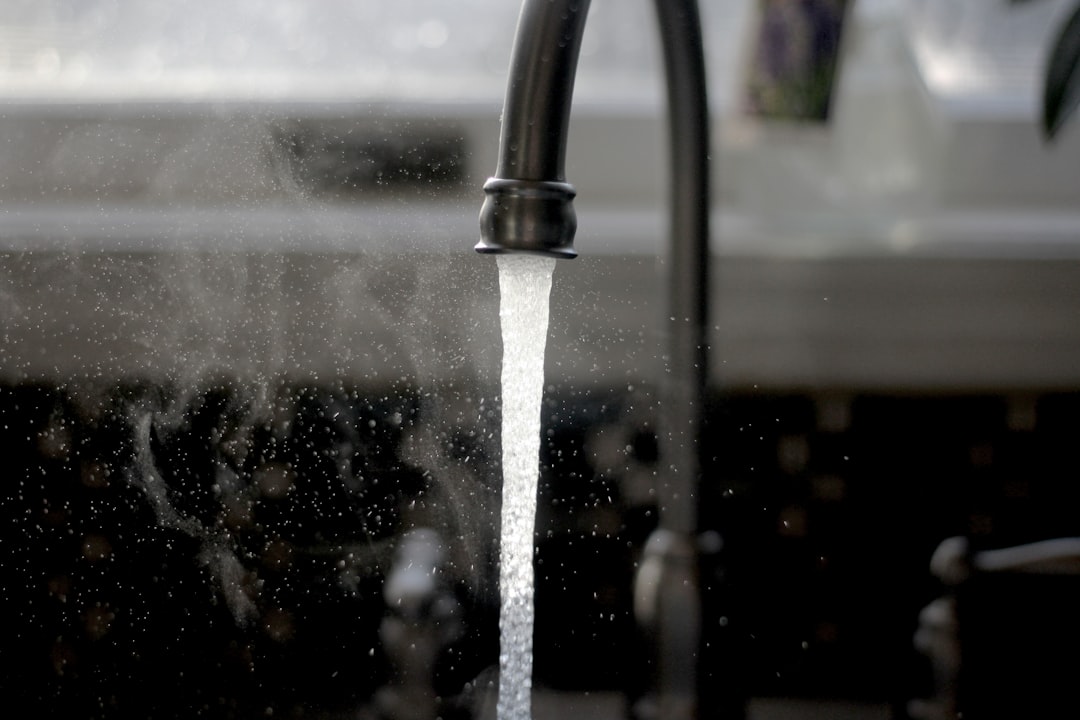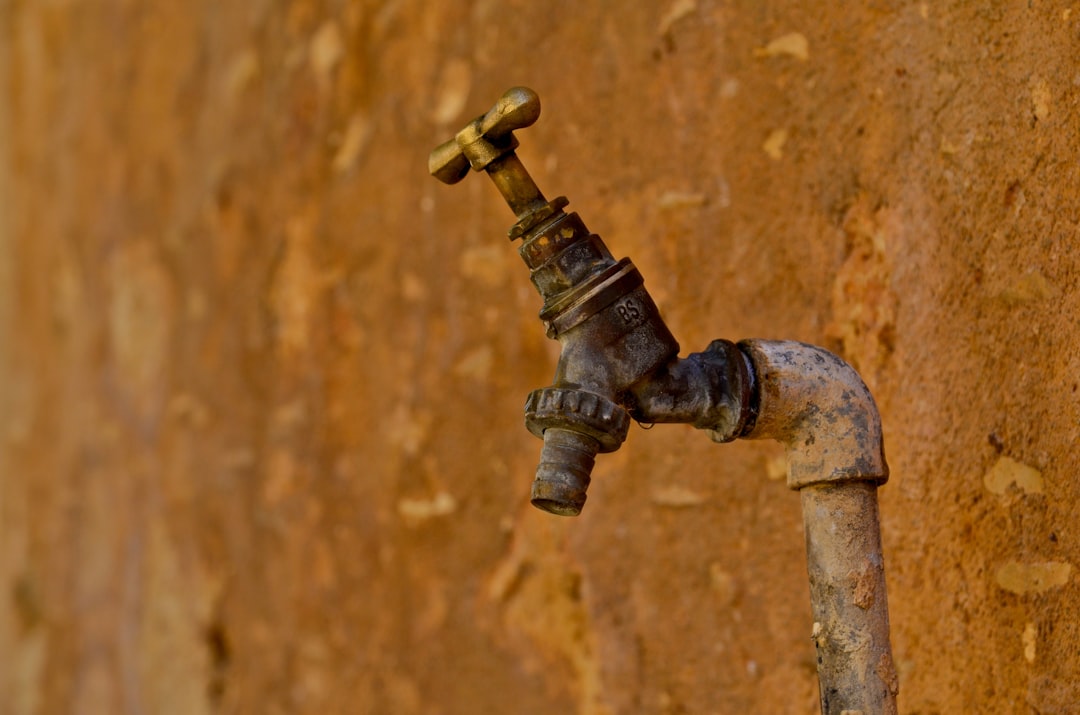Freeze-protection systems are essential for Albury, a southern New South Wales agricultural hub, to safeguard infrastructure and sensitive equipment from freezing temperatures. These systems, combining heating methods, insulation, and smart design, ensure uninterrupted services like water supply networks and industrial processes during harsh winters. By protecting crops and enabling year-round production, Albury reinforces its economic resilience and maintains its key player status in Australia's agricultural landscape. Effective freeze protection involves regular inspections, using anti-freeze agents, thermal insulation, smart thermostats, and staying informed about local weather forecasts.
“Albury, renowned for its diverse agricultural landscape, faces unique challenges from freezing temperatures. This article delves into the crucial topic of freeze-protection systems—a comprehensive guide designed specifically for Albury residents. We explore the essential role these systems play in safeguarding agriculture and industry, highlighting cutting-edge technologies that make them effective. From understanding the basics to implementing best practices, this resource provides valuable insights on how to protect against freezing conditions, ensuring Albury’s resilience and prosperity year-round.”
- Understanding Freeze-Protection Systems: A Comprehensive Overview
- The Role of Freeze-Protection in Albury's Agriculture and Industry
- Technologies Behind Effective Freeze-Protection Mechanisms
- Implementing and Maintaining Freeze-Protection Systems: Best Practices for Albury Residents
Understanding Freeze-Protection Systems: A Comprehensive Overview

Freeze-protection systems are designed to safeguard sensitive equipment and infrastructure in regions prone to freezing temperatures. These systems are particularly crucial for areas like Albury, where extreme cold can pose significant challenges. Understanding these systems is essential for ensuring the longevity of various structures and mechanisms.
In simple terms, freeze-protection involves preventing water from freezing inside pipes, valves, and other components. This is achieved through a combination of heating methods, insulation, and smart design choices. By maintaining liquid water within these systems, the risk of damage caused by expansion and contraction during freezing and thawing cycles is significantly reduced. Effective freeze protection is vital for critical operations in Albury, from water supply networks to industrial processes, ensuring uninterrupted services even in harsh winters.
The Role of Freeze-Protection in Albury's Agriculture and Industry

Albury, a vibrant agricultural hub in southern New South Wales, heavily relies on effective freeze-protection systems to safeguard its delicate produce and thriving industry. With frequent temperature drops, these systems play a pivotal role in ensuring the region’s farmers and industries remain operational and productive throughout the colder months. Freezing conditions can wreak havoc on crops, causing damage or even total loss, leading to significant financial setbacks for local agricultural businesses.
Freeze-protection measures such as controlled atmosphere storage, heating systems, and innovative insulation techniques enable Albury’s agricultural sector to mitigate these risks. These strategies not only protect crops but also allow for year-round production, ensuring a consistent supply of fresh produce locally and potentially expanding market opportunities. In addition, industries in Albury that depend on raw materials sourced from agriculture benefit directly from these freeze-protection systems, fostering the region’s overall economic resilience and promoting its position as a key player in Australia’s agricultural landscape.
Technologies Behind Effective Freeze-Protection Mechanisms

Effective freeze-protection mechanisms rely on a blend of innovative technologies tailored for diverse environments, particularly in regions like Albury where extreme cold is a regular occurrence. One prominent technology is anti-freeze agents, chemical compounds that lower the freezing point of water. These agents are often used in hydraulic systems to prevent pipes and equipment from freezing during prolonged periods of subzero temperatures.
Another cutting-edge approach involves the utilization of thermal insulation materials. By creating an insulating barrier around vulnerable components, these materials significantly reduce heat loss, thus preventing ice formation. In Albury’s challenging climate, where cold winds can accelerate freezing, such insulation is crucial in maintaining the integrity and functionality of critical systems.
Implementing and Maintaining Freeze-Protection Systems: Best Practices for Albury Residents

Implementing and maintaining freeze-protection systems is crucial for Albury residents to safeguard their properties and infrastructure during harsh winter conditions. The best practices involve regular inspection and maintenance to ensure systems are functioning optimally. This includes checking for leaks, inspecting insulation, and verifying the efficiency of heating elements. Proactive measures such as these can prevent significant damage caused by freezing temperatures, pipes bursting, and water infiltration.
Albury residents should also consider employing smart thermostats and automated controls to regulate indoor temperatures efficiently. By programming these devices to adjust settings remotely or based on occupancy, energy consumption can be optimized, reducing the workload on freeze-protection systems. Regular upgrades to older systems and staying informed about local weather forecasts are additional strategies that contribute to effective freeze protection in Albury.
Freeze-protection systems are an indispensable asset for Albury’s agricultural and industrial sectors, ensuring resilience against freezing temperatures. By understanding these systems and implementing best practices, Albury residents can safeguard their operations and infrastructure during cold snaps. The technologies discussed in this article offer effective solutions, enabling Albury to navigate the challenges of varying climates while fostering a robust and sustainable future.
